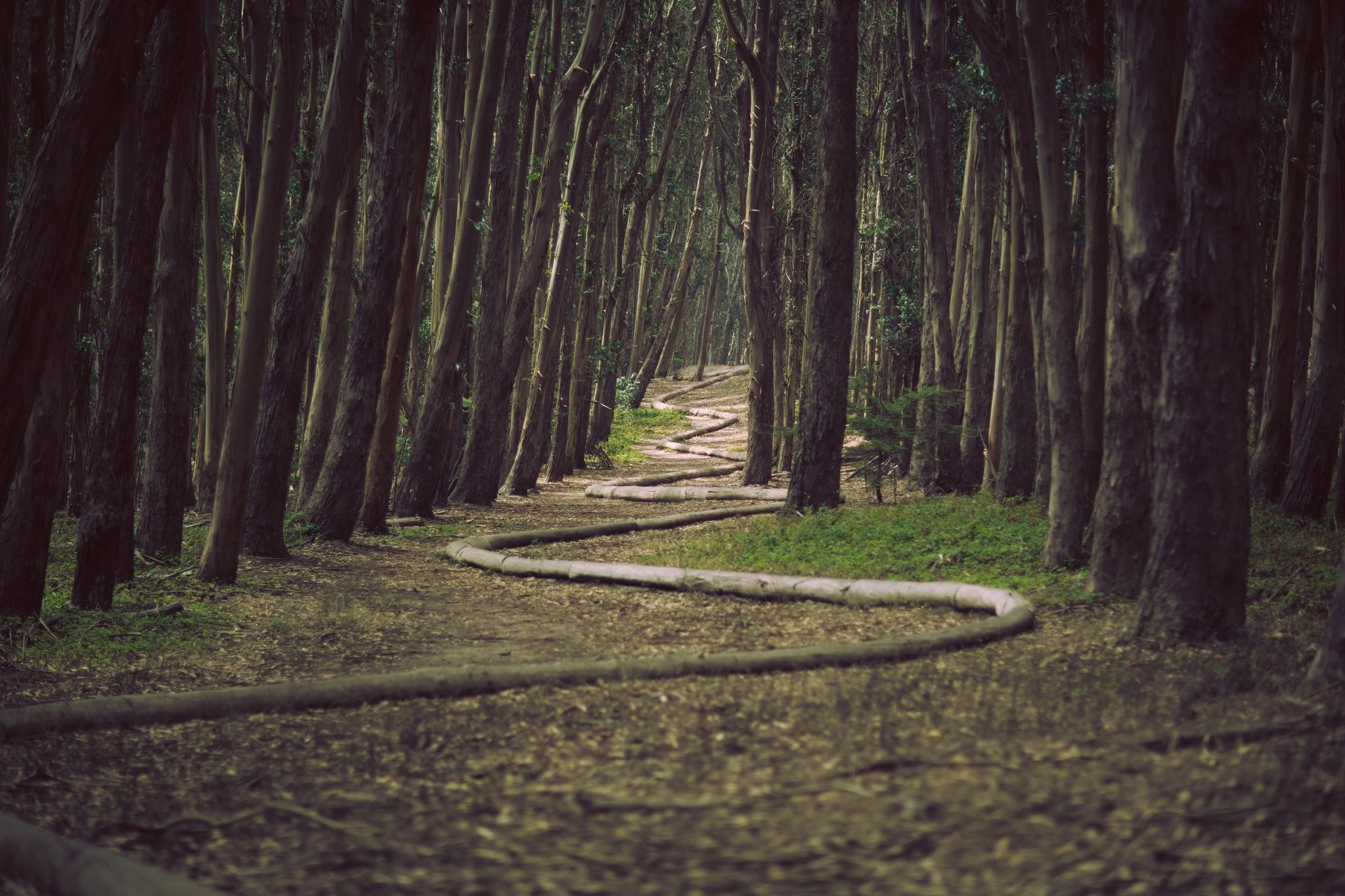Varied, muddled, unplotted … I think these are words which that, for most of my life, describe my background. At least from my teenage years.
As a child I was told what to do, how to be, subjects to study. I distinctly remember, with annoyance to be honest, being told in no uncertain terms that my O Level choices were to be ‘academic. I wanted to take typing and perhaps art (not that I was artistic as such but I thought it would be fun). But no, these choices were viewed with disdain and I ended up taking geography, german, french, physics, and computer studies (alongside english language and literature, and maths). I mean, physics??? I had no scientific cells in my brain as such despite enjoying science, and I failed. The first ever D-grade I got was while studying for my physics O Level, it was not viewed well by the parentals. Thankfully I still enjoy science. I would have really liked to have taken art though.
School ended when I got a job. The choice was find a job, but until you do you are going into 6th Form and taking A Levels. I left within weeks of the first term starting, I wanted, craved independence. The job was admin for British Gas. A ‘job for life’ as my parents said, mistakenly it turns out. Reorganisation and relocation plus a new baby meant voluntary redundancy after 12 years.
Baby became babies, I took a work break as I knew I wanted a second. When #2 was a year old I found my second job as Office Administrator for a firm of consultants. They were team development and leadership management consultants so the office vibe was very different from the strangling structure of British Gas. I was happy, but after a year was getting bored.
Then my mother got cancer.
(she’s OK now)
I remember thinking, this could be me in 20 years, and so I went back to college with the aim of going to university and getting the degree I wish I could have got earlier … but at the time the thought of independence was stronger that the pull of education.
The University Years – History BA (Hons), Historical Research MA, PGCE (post-compulsory education), BSc IT with Creative Writing.
As said before, varied, muddled, unplotted. And then, after all that education, and for family reasons, I became self-employed. Not necessarily putting other’s needs first, but definitely giving them more weight than my own.
But the idea of a PhD was always there, lurking, waiting for the right time.
During the University Years I wanted to do a PhD purely because I wanted to do a PhD. There was the thought I could perhaps lecture, but there was not really a picture of post-PhD world in my head.
After working in academia (professional services) for a few years I began to see other possibilities. Now I approaching (or am deep within) the ‘crone years’ of my life I know that, apart from the fact I probably won’t be able to afford to, I don’t particularly want to retire as such. Yes, there’s things I could do in retirement, hobbies, writing, gardening, but I’d like to do something a little more substantial. Attaining a PhD will open up the possibilities of working the hours I want, doing consultancy, being a research associate, perhaps even leading my own projects. I could plan, within parameters, when I work, take breaks to travel, enjoy life, contribute to society.
This thesis is not the thesis I wanted to do a few years ago. That was privacy and ethics in social media from a peer perspective. However, I am embracing the constraints of my thesis being around my role at work and know that this is simply a licence to drive my own research in the future.
A tutor once described me as a life-long learner, and this is very true. I am also a believer in sharing knowledge, in creating knowledge that helps others, and in making life better for everyone. University engagement with the non-academic world, and knowledge exchange is part of my role, and I have come to not only enjoy it but see its relevance and question its challenges. We engage, but often (as one community contact put it) only when we want something. We engage, but with mostly the same types of people. We share knowledge, however do we share it effectively, in the right language, and with the right people.
Within my role I have always seen myself as a ‘translator’, translating the awesome work our academics do into words that non-academics understand. Because academics do tend to talk in their own language.
